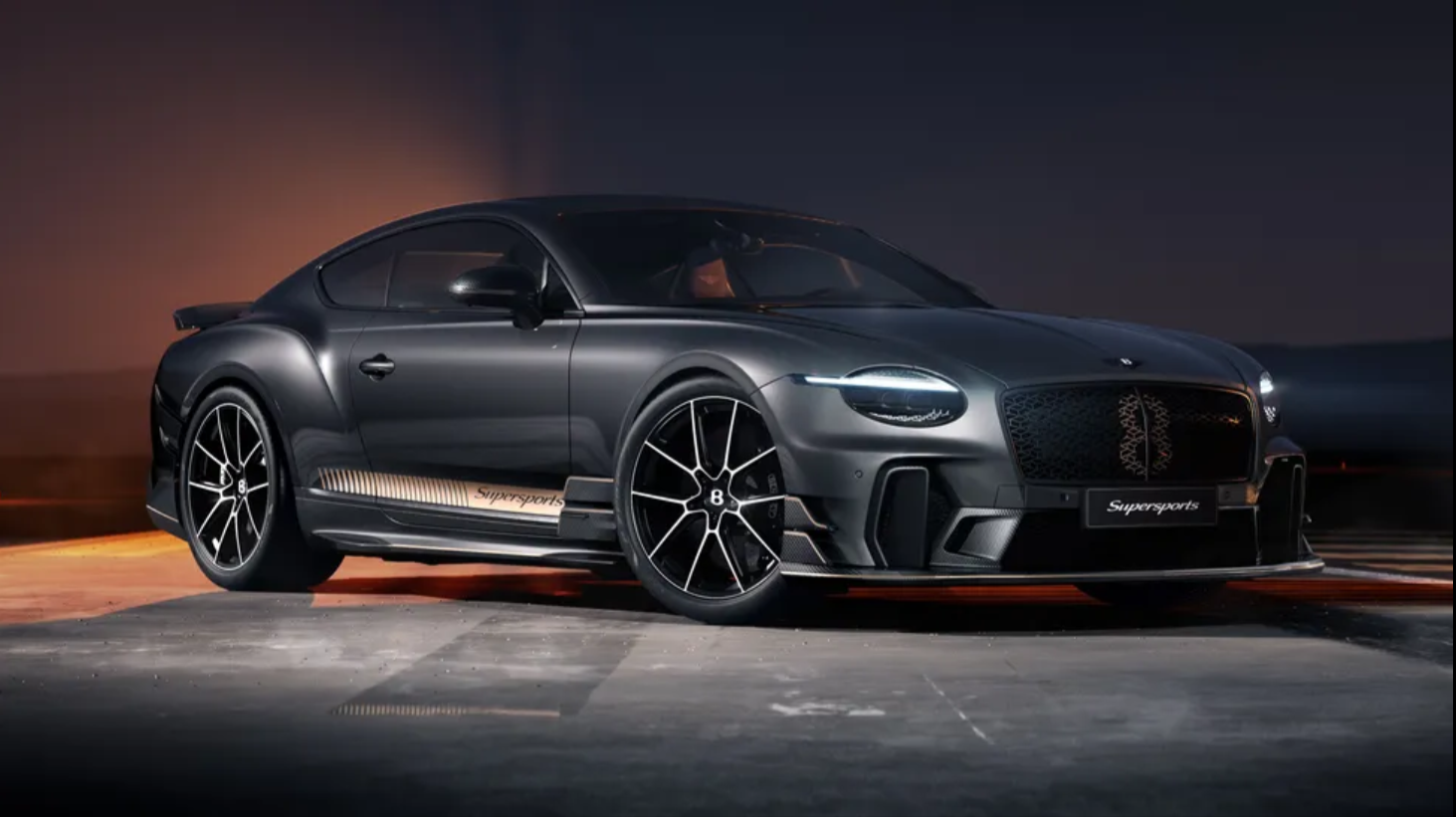Volvo, the poster child of early electrification promises, has quietly conceded that its dream of going fully electric by 2030 is slipping through its fingers. The Swedish automaker, once a trailblazer in the EV revolution, is now adjusting its ambitions to a more grounded target: by the end of the decade, plug-in hybrids and EVs should account for 90-100% of its sales mix.
Back in March 2021, Volvo made headlines with its bold pledge to sell only electric vehicles. Fast forward to May 2024, and CEO Jim Rowan was still adamant that an all-EV lineup was “very achievable,” brimming with confidence that the company could banish combustion engines within five years. But reality, as it often does, had other plans.
During the latest investor webcast in late July, Rowan candidly admitted that the journey to full electrification would be far more complex than anticipated, especially in regions lagging in EV infrastructure. By early September, Volvo’s official stance had softened, acknowledging that its goal of a pure EV fleet by 2030 is more of a distant hope than a guaranteed future.
Volvo's revised target now leans on a mix of plug-in hybrids and EVs, aiming to hit that 90-100% mark by 2030. However, the internal combustion engine isn’t entirely dead just yet; the brand foresees a limited number of mild hybrids sticking around longer than initially expected.
The slowdown isn’t just about Volvo; it’s symptomatic of wider challenges in the industry. Charging infrastructure development has been sluggish, governments are pulling back on EV incentives, and new tariffs on electric imports are creating hurdles in key markets. Volvo is navigating this murky landscape with cautious optimism, hoping that cars with charging cords—whether plug-in hybrids or full EVs—will make up 50-60% of its sales by 2025, up from 48% in Q2 2024. Currently, fully electric vehicles account for 26% of its deliveries, highlighting a solid, albeit slow, growth trajectory.
Volvo’s pivot isn’t just about sales numbers; it’s a strategic response to the evolving demands of the market. The brand plans to keep investing in mild hybrids and plug-in hybrids, tweaking its strategy to better align with customer expectations. Despite this shift, the ultimate goal remains intact: Volvo still aims to reach net zero greenhouse gas emissions by 2040.
Volvo joins a growing list of automakers retreating from their aggressive electrification timelines. Porsche, Mercedes, Bentley, and Ford of Europe have all hit the brakes on their electrification plans recently. It’s clear that the road to an all-electric future is filled with unexpected detours, even for the industry’s most determined players.






.jpg)


.jpeg)

.jpeg)
.jpeg)

